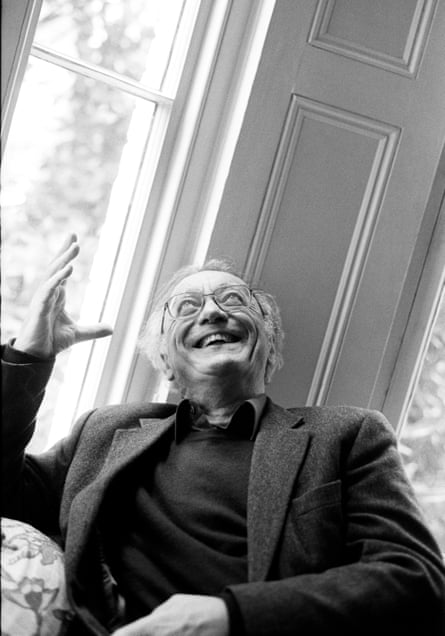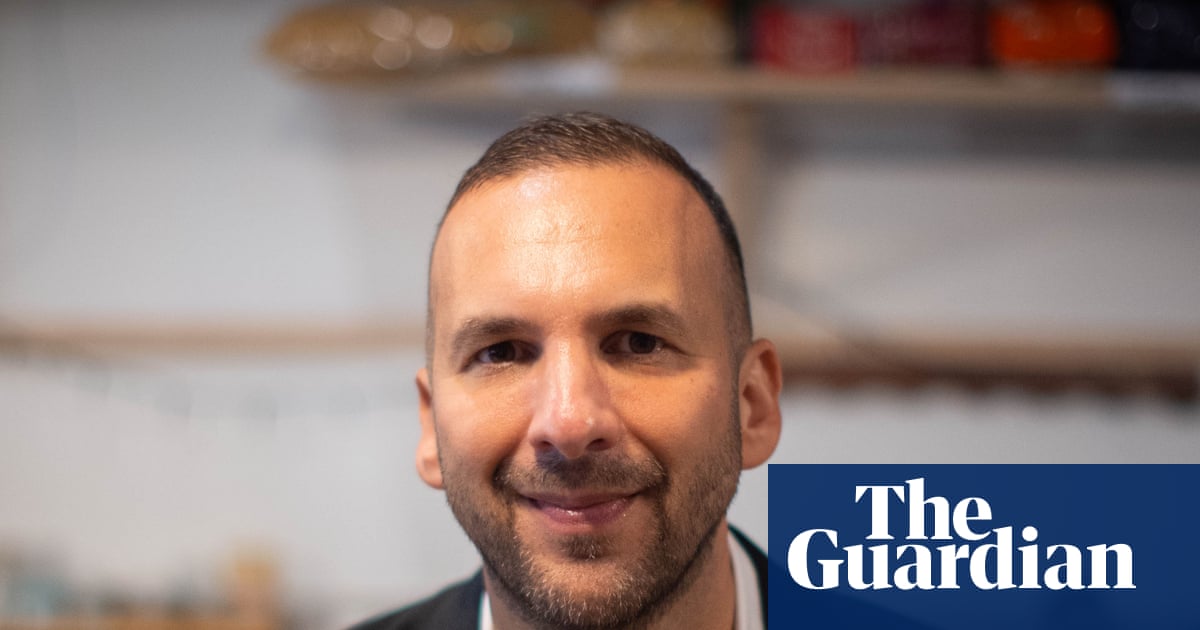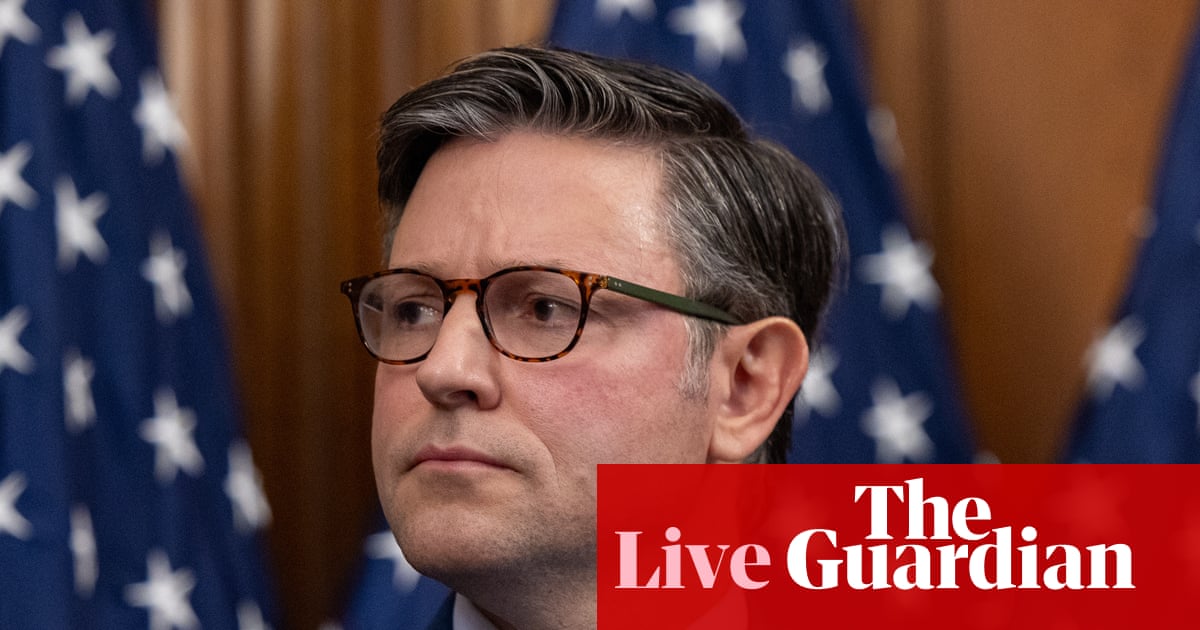The celebrated pianist and author Alfred Brendel has died aged 94 at his home in London.
The musician was born on 5 January 1931 in Moravia (now part of the Czech Republic) and spent his childhood mainly in Croatia and Austria. “I was not a child prodigy or eastern European or Jewish as far as I know,” he told interviewers. “I’m not a good sight reader, I don’t have a phenomenal memory and I didn’t come from a musical family, an artistic family or an intellectual family. I had loving parents, but I had to find things out for myself.”
He studied piano and composition until he was 16, thereafter he was largely self-taught. Aged 17 he gave his first public recital in Graz with works by Bach, Brahms and Liszt on the programme, one of the encores was his own composition – a sonata with a double fugue. The teenage Brendel was also an author and an exhibited painter, but in 1949 he won fourth prize in the prestigious Busoni competition, which launched his career as a performing musician.
His concert and recording career lasted more than 60 years with performances at the world’s most important musical centres and festivals alongside the leading orchestras and conductors. He became particularly associated with the music of Beethoven, and made the first complete recording of the composer’s entire piano music. He took a prominent role in highlighting Haydn’s importance as a composer, in establishing Schubert’s Sonatas and Schoenberg’s Concerto in the repertoire, and rekindling interest in Liszt’s piano music. He moved to London in 1971, and made his home in Hampstead, his second marriage brought three children (his son, Adrian is an acclaimed cellist, his daughter by his first, Doris, is a pop and rock singer). His final public concert was in Vienna in 2008 but in the succeeding years he published poetry and essays, lectured and continued to teach and give masterclasses.

“I don’t feel guilty about being ‘intellectual’ if that means thinking about the structure and character and humour in a piece of music,” he told the Guardian in 2010 on the occasion of receiving Gramophone magazine’s Lifetime Achievement award. “But I’m not talking about dry analysis, which is relatively easy if you know how. I do the opposite. I familiarise myself with a piece and wait for it to tell me what it’s about, and what makes it a masterpiece. That’s what fascinates.”
Widely regarded by colleagues as the “musicians’ musician” as well as the “pianists’ mentor”: Brendel’s pupils include Paul Lewis, Imogen Cooper, Kit Armstrong and Till Fellner and he devoted a significant part of his time to sharing his experiences as a musician with younger artists.
“Alfred Brendel was my guide, mentor and an endless source of inspiration for more than 30 years, and his passing is an enormous loss not only for music, but on a personal level for those of us who were fortunate enough to be guided and touched by his wisdom and insight, of which he gave so generously and selflessly,” said Lewis. “[He] was unique in the pantheon of great pianists – inspirational and uncompromising, with a formidable knowledge of literature and art as well as of music. His playing was intense and visionary, his teaching no less so – but dry humour was never far,” added Cooper.
Brendel received 23 honorary degrees from universities including Weimar, Cambridge, Oxford, Yale and The Juilliard School, the Honorary Vice-Presidency of the Royal Academy of Music and a number of prestigious awards such as honorary membership in the Vienna Philharmonic, the Sonning and Siemens prizes and the Praemium Imperiale in Japan.

 3 months ago
26
3 months ago
26

















































